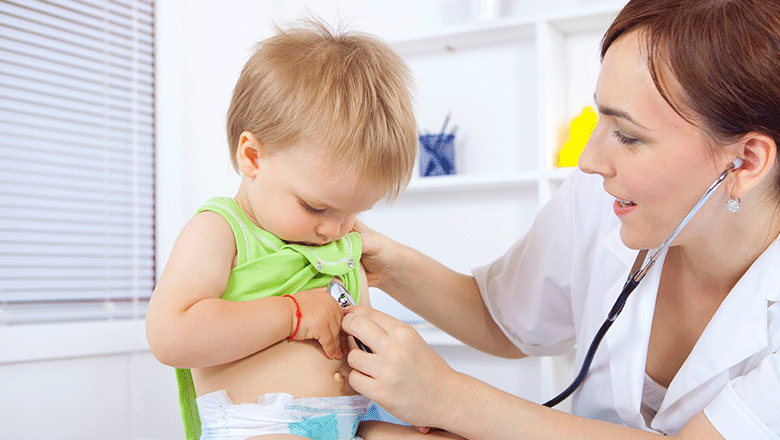Search
Research
Global Disparities of Cancer and Its Projected Burden in 2050Cancer prevention and care efforts have been challenged by the COVID-19 pandemic and armed conflicts, resulting in a decline in the global Human Development Index (HDI), particularly in low- and middle-income countries. These challenges and subsequent shifts in health care priorities underscore the need to continuously monitor cancer outcome disparities and statistics globally to ensure delivery of equitable and optimal cancer prevention and care in uncertain times.
Research
Costs of primary healthcare presentations and hospital admissions for scabies and related skin infections in Fiji, 2018–2019Scabies and related bacterial skin and soft tissue infections are highly prevalent in many tropical, low- and middle-income settings. These skin conditions contribute to higher healthcare costs and burdens on healthcare systems.
Research
Specific IgA, but Not IgG, in Human Milk from COVID-19-Infected Mothers Neutralizes SARS-CoV-2This study highlights the importance of human milk in providing anti-severe acute respiratory syndrome coronavirus 2 immunity to newborns. The highest protective activity of human milk against COVID-19 was found in colostrum from infected mothers.
Research
The application of environmental health assessment strategies to detect Streptococcus pyogenes in Kimberley school classroomsChildren spend almost one-third of their waking hours at school. Streptococcus pyogenes (Strep A) is a common childhood bacterial infection that can progress to causing serious disease. We aimed to detect Strep A in classrooms by using environmental settle plates and swabbing of high-touch surfaces in two remote schools in the Kimberley, Western Australia.
Research
The global distribution and the risk prediction of relapsing fever group Borrelia: a data review with modelling analysisThe recent discovery of emerging relapsing fever group Borrelia (RFGB) species, such as Borrelia miyamotoi, poses a growing threat to public health. However, the global distribution and associated risk burden of these species remain uncertain. We aimed to map the diversity, distribution, and potential infection risk of RFGB.
Research
Estimating the impact of test–trace–isolate–quarantine systems on SARS-CoV-2 transmission in AustraliaAustralian states and territories used test-trace-isolate-quarantine (TTIQ) systems extensively in their response to the COVID-19 pandemic in 2020-2021. We report on an analysis of Australian case data to estimate the impact of test-trace-isolate-quarantine systems on SARS-CoV-2 transmission.
Research
Respiratory syncytial virus in children: epidemiology and clinical impact post-COVID-19Respiratory syncytial virus (RSV) remains a leading cause of mortality and morbidity worldwide. RSV seasonality was disrupted by COVID-19-associated nonpharmaceutical interventions (NPIs). We review RSV seasonality, molecular epidemiology, clinical manifestations, and community awareness to inform future prevention strategies.

News & Events
New recommendations to stop antibiotics soonerThe Kids researchers are amongst a group of experts who have recommended that doctors can stop intravenous antibiotics sooner in children.

News & Events
Gastro gap between Aboriginal and non-Aboriginal children shrinkingThe world's largest study of gastroenteritis trends in children has shown the disparity between Aboriginal and non-Aboriginal health may be improving.

News & Events
Co-ordinated approach urgently required to slow progression of antibiotic resistanceAboriginal mum and child
